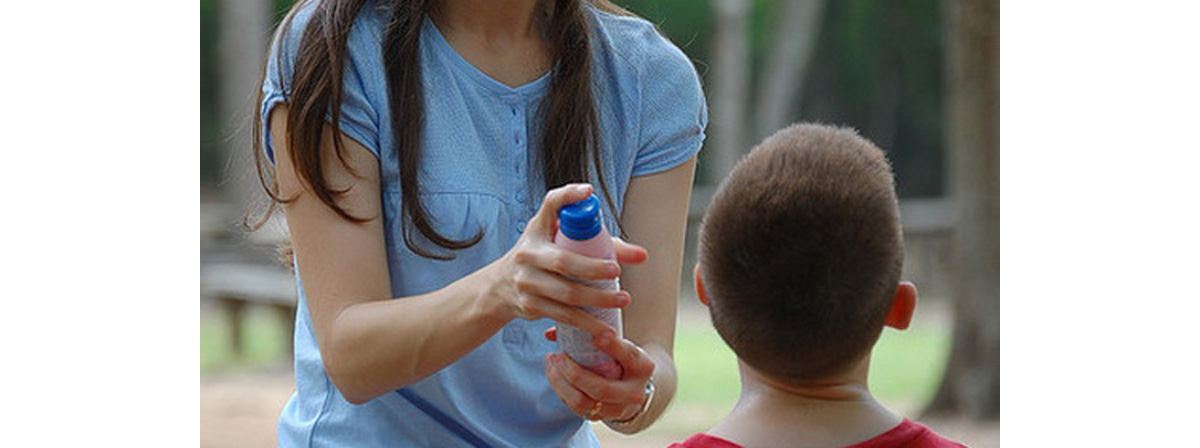Table of Contents
DEET And Children
DEET is approved for use on children with no age restrictions in the United States. The American Academy of Pediatrics has found products containing between 10 and 30 percent DEET to be safe for children.

Despite this, there are some concerns and international opinions vary as well.
If you do choose to use DEET on your children — because you are worried about Lyme Disease, your child has severe reactions to mosquito bites, or you are traveling to tropical areas, for instance — make sure you take the following precautions in addition to the general precautions:
-
Do not allow your child to apply DEET himself
-
Never apply DEET near your child's hands, eyes, or mouth
-
Watch out for reactions, discontinue use immediately if you see any, and consult your pediatrician
-
Never use DEET on infants under two months of age
-
Do not apply DEET more than three times a day, and only once for babies under 24 months
-
Do not apply products with more than 30 percent DEET
So, What Are The Risks?
Diseases carried by ticks and mosquitoes can be extremely serious, and severe reactions to mosquito bites can have far-reaching consequences as well.
Exactly what are the risks that we briefly mentioned earlier? Let's take a look:
-
DEET can irritate the skin, in some cases severely.
-
It is likely that DEET can lead to seizures in some people.
-
DEET was found to affect the function of a key central nervous system enzyme, acetycholinesterase. It is possible that the chemical interacts with other insecticides in a dangerous manner.
-
A study found that "Everglades National Parkemployees having extensive DEET exposure were more likely to have insomnia, mood disturbances and impaired cognitive function than were lesser exposed co-workers”.
The Environmental Protection Agency reported 14 to 46 cases of potential DEET-associated seizures, including four deaths while conducting the DEET Reregistration Eligibility Decision (RED). The Agency says that "it does appear that some cases are likely related to DEET toxicity", but quickly added that the “likely seizure rate” is very low. Around a third of the US population uses DEET each year, and the estimated seizure rate is approximately one in 100 million users.
Do the benefits of using DEET outweigh the risks? That depends on the likelihood that you and your family are exposed to serious bug-borne diseases as well as an individual's adverse reactions to bug bites. DEET works, but it also comes with a slight chance of very serious reactions. In the end, it is up to individuals to weigh one risk against another, and decide which is more acceptable.
- Photo courtesy of Håkan Dahlström by Flickr : www.flickr.com/photos/dahlstroms/4870774159/
- Photo courtesy of Tyler Lewis by Flickr : www.flickr.com/photos/relakkusu/3671363712/
- Photo courtesy of Stacy Braswell by Flickr : www.flickr.com/photos/stacybraswell/2461945790/


Your thoughts on this